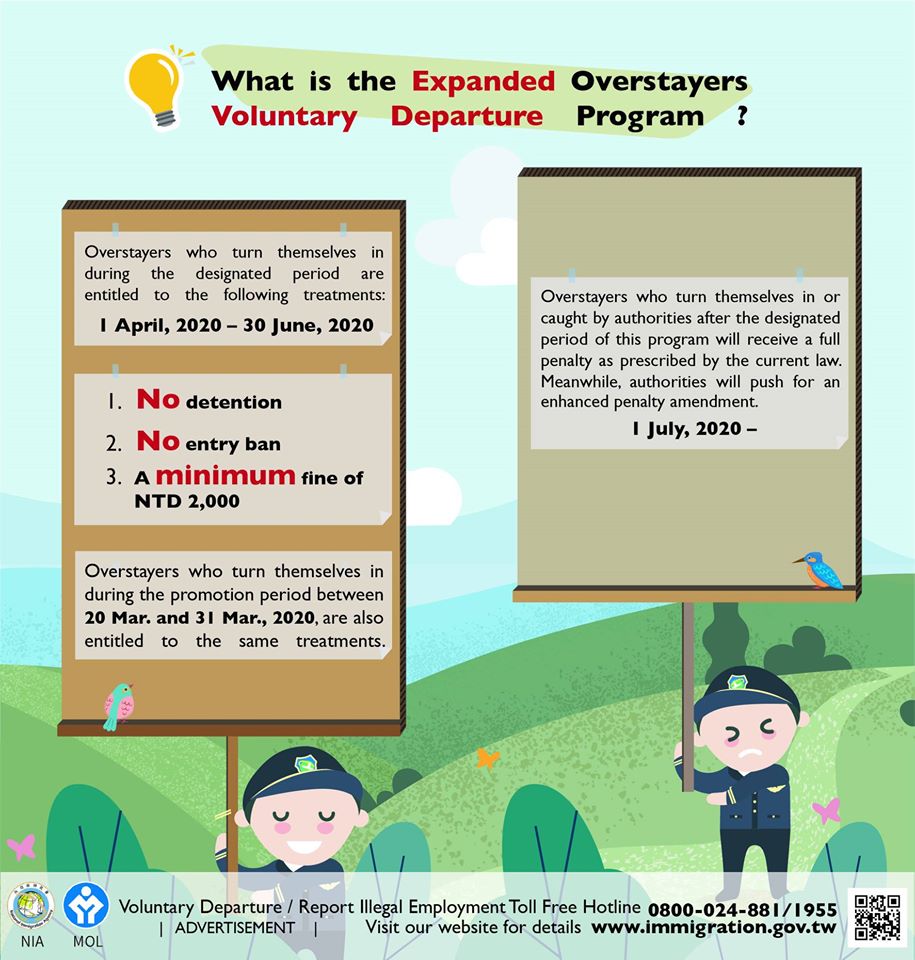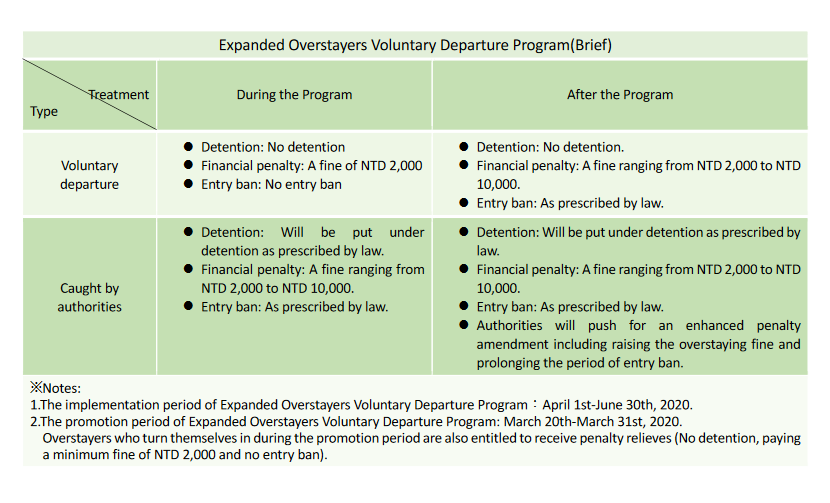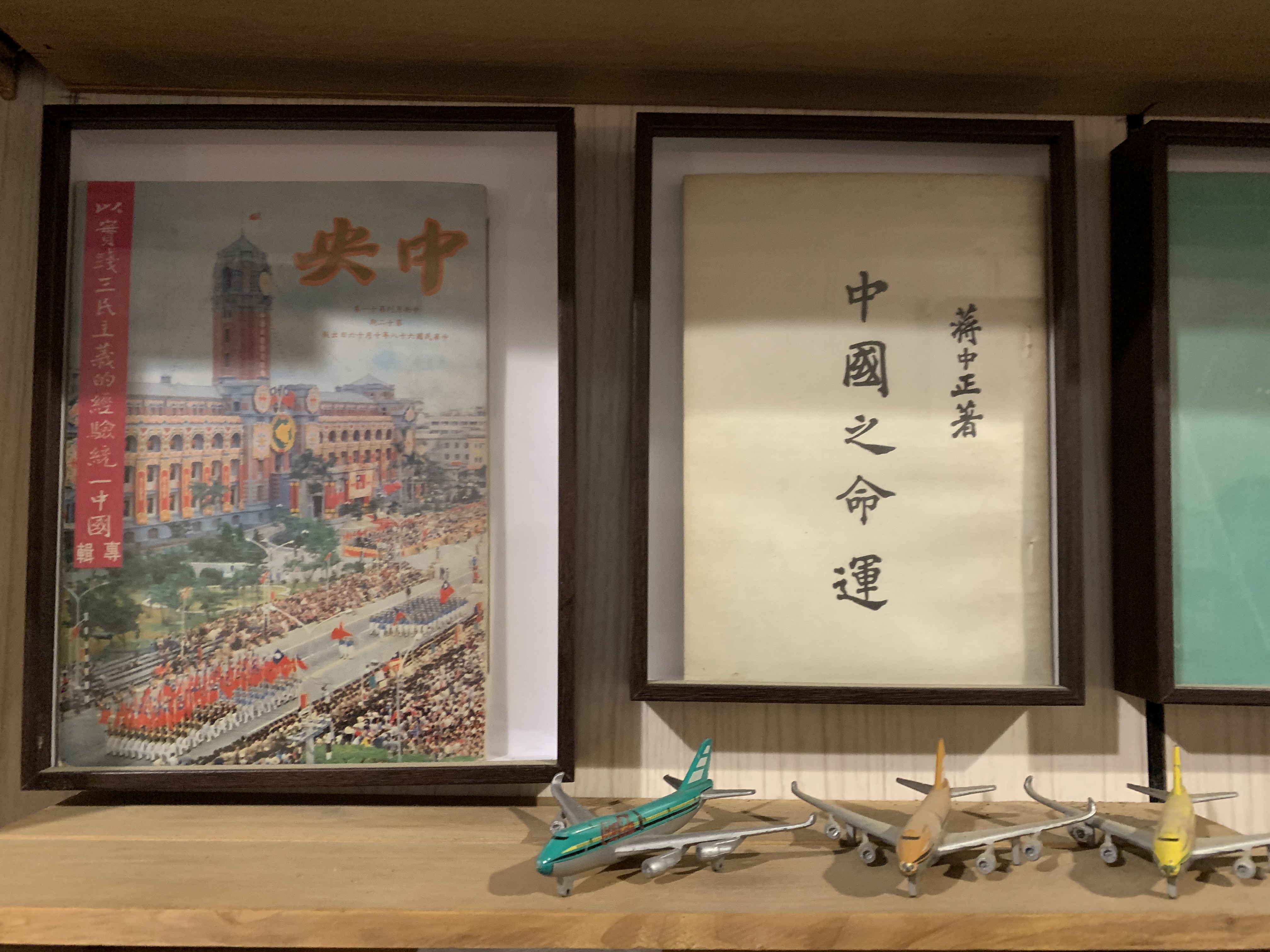“Do you have a plan if things go sideways in Taiwan?”
One of my oldest friends asks us this as he zips us to the BART station from his home in central Oakland. A pair of committed northeasterners settled permanently in Taipei, we’re properly visiting the West Coast for the first time as part of a trip for my brother-in-law’s wedding.
It’s not the first time I’ve been asked this, and it will be far from the last. Most people assume we’ll leave if things get sketchy; this friend knows me well enough to know that’s not necessarily the case, and thus asks a more open-ended question.
It’s hard to put this into words, though. I stumble around an insufficient lexicon, muttering about planning to stay — I’m not much of a fighter but I guess I could grow sweet potatoes — and reassuring him that if we were ever forced to leave, really truly forced, we have options. They're not very good options, but it remains that we have them.
It doesn’t need to be said that many in Taiwan would not.
I slide sideways into a summary of my thought process over the past few years: you know how there are foreigners willing to fight for Ukraine? Well, Taiwan is my home, I’m willing to fight for it. Besides, if I don’t stand up for what’s right in the place I call home, can I claim to stand for anything at all? Certainly I can’t seriously talk about democracy and human rights if I won’t fight for them where I actually live.
And yet, do I owe my life to a country that won’t give me a passport? That feels weird, too.
There’s no end to this spirograph of questions, it just whips you around into some complicated, unending holding pattern.
He’d asked earlier if we were citizens yet. I said no, we’re permanent residents (“like a green card, though we get privileges, not rights exactly, we can’t vote and its very hard to get approved for a mortgage or even a line of credit”).
It’s not bad, I clarified. I didn’t want to seem ungrateful. But it still feels off — a Chinese-American whose grandparents were ROC citizens who never set foot in Taiwan and have only a tenuous relationship to Taiwanese history and none to Taiwanese culture is considered a dual national by default. We’ve invested most of our adult lives in Taiwan and are considered more foreign than that. I know, I know, not every country has birthright citizenship. I wouldn’t call it unfair exactly, except you know what? It feels unfair.
“I actually have considered renouncing,” I say over coffee by Lake Merritt. “We don’t plan to move back, and even if we did, with my diabetes I don’t see how we could. I could not possibly afford my medication without a corporate-type job and I am deeply unsuited to exactly that.”
The truth is, I can’t renounce. Brendan theoretically could; he was lucky enough to have been born in Canada and has that sweet sweet dual birthright citizenship.
The reasons are simple: I’m too filial. What if my Dad needs help? My in-laws? Being allowed to visit for set periods but not work would be insufficient. I won’t give up my ability to potentially care for aging relatives; something you’d think the Taiwanese government would understand (but apparently doesn’t).
What’s more, if China invaded and actually won, renouncers like us — well, me — would have no citizenship at all. I can’t think of much that would be as bad or worse than being a citizen of the PRC, but being stateless is quite undesirable. Even if I wanted to be a PRC citizen (I absolutely don’t), it’s doubtful I’d be allowed to do so.
I did not say: this confluence of events has altered the course of my life in ways I could not have easily predicted.
It's difficult to fully explain, so I avoid the discussion with anyone who seems to have overly binary thinking.
I hadn’t known when I moved to Taiwan that I would want to stay. It certainly had not occurred to me that I’d care enough to consider fighting if China did ever start a war. But more than that, the slender exceptions that have opened for dual nationality have done nothing but throw into sharp focus how weird the whole situation is.
Sat squarely in the middle of my thought process is this strait gait and narrow path, and how I might get on it. As an educator with an advanced degree who primarily works with Taiwanese teachers and their professional development, you’d think I’d qualify. I don’t.
Educators not only have to be associate professors and prove some specific contribution to Taiwan, but also get their university to do the required paperwork to recommend them. Some succeed; I’ve heard stories of others who don’t simply because their university doesn’t care to support them.
For awhile, I thought I’d just get my PhD and pursue that path. Getting accepted to a program wouldn’t be particularly hard — the director of my MEd program all but assured me I’d have a seat if I applied — but funding would be.
Soon after, I had the opportunity to travel around Taiwan and talk to many university lecturers, professors and second language acquisition specialists. Almost all of them bore ill news: the only people doing anything remotely like what I do at the university level who also have tenure-track positions are actually professors of Linguistics or English Literature. If you have a background specifically in Education — not to mention Applied Foreign Languages — the best you’re likely to do is an annual contract, if not adjunct work. I met two exceptions; they prove the rule.
Forget that neither of those paths offer enough in terms of benefits and remuneration for the work required, or for me to give up my freelance career in which I never have to confront my deep-seated issues with authority.
Neither of them are sufficient to qualify for dual nationality, so what exactly would be the point of doing a PhD if I want to stay in Taiwan? It wouldn’t get me the job I need to attain dual nationality, which under the current law I will never qualify for. It isn’t necessary for what I do now. I don't really want the jobs it could get me.
So why do it, putting in all that blood, sweat, toil, tears — not to mention money I don’t really have and don’t think I should have to spend? (To me, any PhD worth doing is a PhD someone else pays for.)
I can’t think of a reason, so I haven’t applied. I likely never will.
Who knew that deciding on Taiwan as our home would have repercussions not just regarding work and citizenship, but education?
None of these issues has an endpoint. None of the questions has answers. It’s not quite tragic enough to merit sustained media coverage, not quite common enough to be a society-wide problem. It affects me and a small group of otherwise-privileged, mostly Western immigrants in Taiwan. It’s easy to be dismissive — you’d never have to fight, you’ll never be Taiwanese, you’re just here for your own benefit — and I won’t even say that these are entirely untrue. I wouldn’t have to fight, if I didn’t want to. I’ll never be culturally Taiwanese. As much as I want my being in Taiwan to be something good for Taiwan, living here does benefit me as well. It’s a tad specious to pretend none of it matters because a white lady like me will be alright no matter what, but it’s also not quite wrong.
Yet wondering whether I’ll ever have access to something people with even less exposure to Taiwanese culture are entitled to, realizing that I can’t imagine a world where I ran away from Taiwan at the moment of her greatest crisis, and knowing that it will still never be enough no matter how impossible renunciation is for me?
To stay in Taiwan, I've renounced quite a bit. Perhaps nothing tragic; can I really whine about career paths I did not take when I'm more or less happy in the one I've chosen? Who cares that I'll never be an academic simply because a reasonable version of that job, for me, does not exist here? I am salty about renouncing my chances for ever being a full citizen of the country I live in, though I'm not sure I have a right to be. Even though I couldn't really live in the US again, I did choose this.
Whatever, y'know? All I can do is renounce the whole damn debate. I don't really care about anyone's silly opinion on whether or not I will or should fight in any potential Chinese invasion of Taiwan. It doesn't matter how I should feel, or what makes me one of the "good" immigrants, or whether I'm happy or grateful enough. I feel how I feel, I made the choices I made, I am where I am, and I don't have any answers beyond that.










